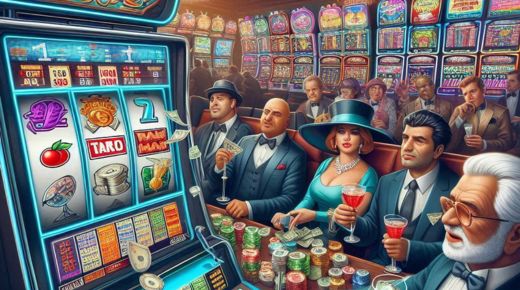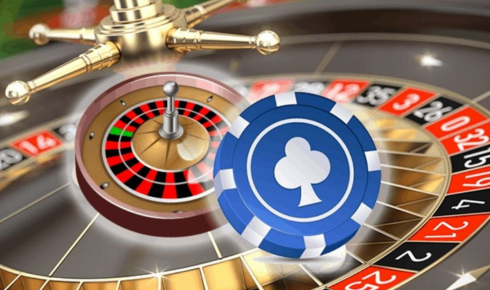Behind every spin, shuffle, or deal in an online casino game lies something deeper than chance: emotion.
Whether it’s the heart-racing moment before a slot reel lands, the satisfaction of triggering a free spin round, or the rush of a surprise win, gambling games are designed to stir up feelings—and not just excitement. Suspense, frustration, hope, and triumph all play a part in what keeps players engaged.
While the mechanics of these games are based on algorithms and probabilities, the experience itself is profoundly human.
Anticipation Is Everything
In casino gaming, anticipation is the main event. It starts the moment you load a game and continues through each spin or hand. That build-up—when the reels slow down or the final card is dealt—is where engagement peaks. In those moments, your brain enters a state of heightened focus and emotional intensity.
Psychologists call this “the anticipation effect,” and it’s powerful. The idea of a possible win activates reward centers in the brain—sometimes even more than the win itself. It’s why people say, “the thrill is in the chase.”
Game developers understand this and design features that stretch these moments. Slowed reels, flashing animations, or near-miss scenarios are all built to amplify suspense. You’re not just pressing buttons—you’re participating in an unfolding drama.
The Power of Near Misses
One of the most subtle psychological tricks in slot games is the near miss—when you almost win, but not quite. For example, two jackpot symbols line up, and the third just misses the mark.
Even though it’s a loss, it feels like a win was within reach. This sensation can drive players to continue, motivated by the belief that they’re “close.” It’s part of the emotional loop that makes gambling feel dynamic and personal, even when outcomes are random.
Platforms like rajamenang have capitalized on this dynamic by offering a wide range of games that skillfully combine visual cues, near-win patterns, and anticipation-building sequences to create an emotionally engaging environment.
Emotional Recovery and The “One More Spin” Mentality
Not every session ends in a win—and developers know that. That’s why modern games are designed with recovery mechanisms. These include:
- Small “consolation” wins
- Frequent bonus teases
- Visual feedback even on break-even spins
These small rewards help smooth the emotional ride, keeping players engaged without letting frustration take over completely.
It’s part of what feeds the “one more spin” mentality—the idea that the next round could turn things around. The emotional logic is similar to what drives binge-watching: each cliffhanger nudges you to keep going.
The Reward Loop
Casino games use what’s known as a variable reward schedule—rewards delivered at unpredictable intervals. This method, studied extensively in psychology, is proven to increase engagement. You don’t know when the next win is coming, but you believe it will.
This unpredictability, paired with consistent sensory feedback (lights, sounds, animations), forms a reward loop that feels deeply satisfying. It’s why even short sessions can feel memorable—and why players often come back for more.
Balance, Awareness, and Play
Understanding the emotional architecture of casino games doesn’t take away from the fun. In fact, it adds depth to the experience. Being aware of how anticipation and suspense work can help players:
- Set healthier boundaries
- Appreciate design choices
- Play with a clearer understanding of what they’re feeling and why
For many, this awareness enhances the fun—turning passive play into an intentional experience.




